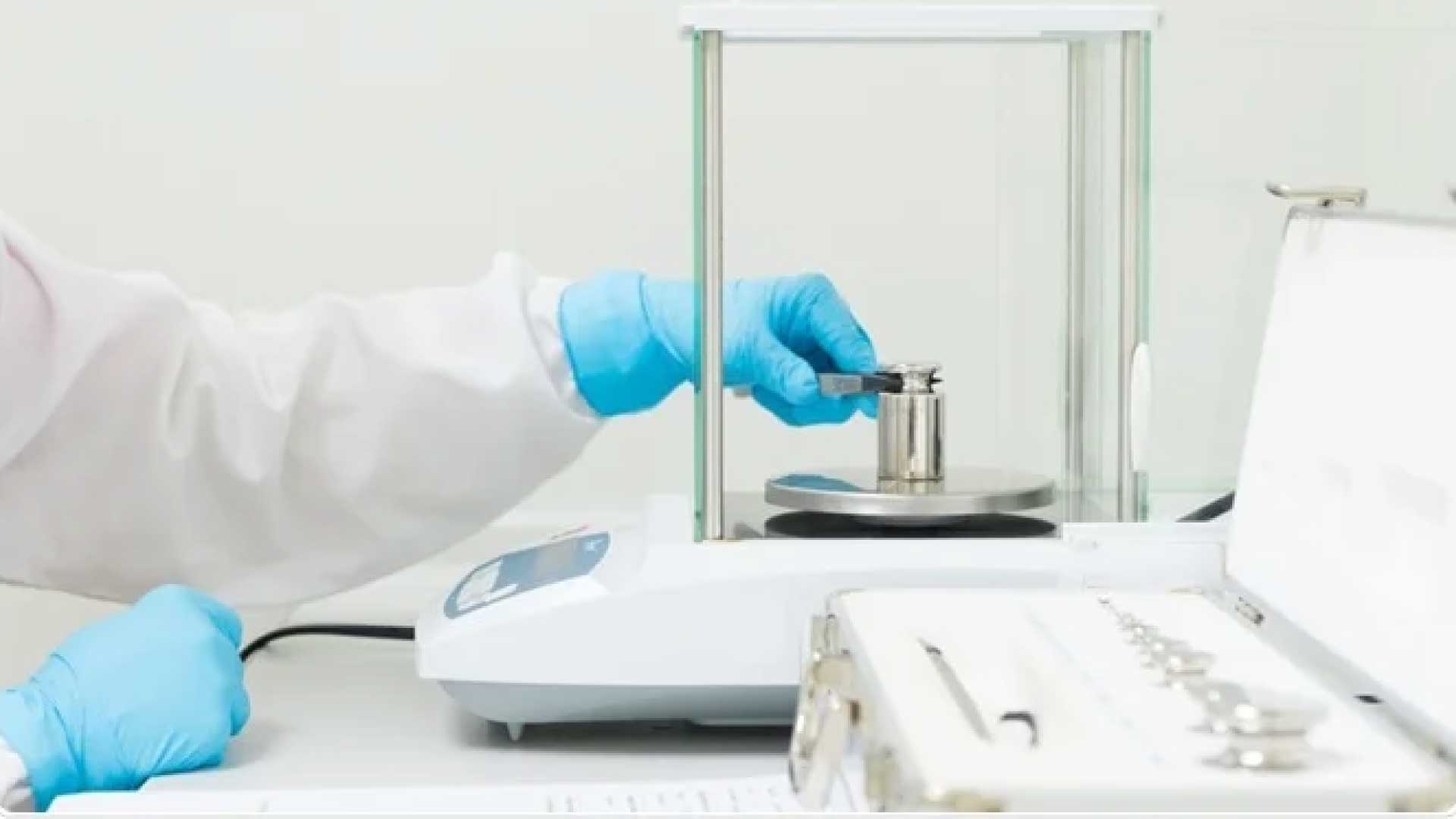
Electronic Balance Calibration in Bangladesh
Electronic balances are essential instruments in laboratories, industries, and educational institutions. They provide precise measurements crucial for quality control, research, and scientific experiments. Over time, however, even high-quality balances can drift from their accuracy due to frequent usage, environmental changes, or mechanical wear. This is where Electronic Balance Calibration in Bangladesh becomes essential.
Why Electronic Balance Calibration is Important
Calibration is the process of comparing an instrument’s measurements against a known standard and adjusting it to ensure accuracy. Without regular calibration, electronic balances can produce incorrect readings, leading to significant errors in experiments, production processes, and product quality. For industries dealing with pharmaceuticals, chemicals, food, and research, even minor inaccuracies can result in financial losses, safety hazards, or regulatory non-compliance.
Regular calibration ensures:
-
Accuracy: Guarantees that weight measurements are reliable.
-
Compliance: Meets international standards such as ISO, GMP, and ASTM.
-
Efficiency: Prevents errors that could disrupt production or laboratory processes.
-
Longevity: Extends the lifespan of your electronic balance by detecting issues early.
Types of Electronic Balances
Electronic balances come in various types, each requiring specific calibration methods:
-
Analytical Balances: High precision balances used in laboratories for minute measurements.
-
Precision Balances: Used for general lab and industrial applications, with moderate accuracy.
-
Microbalances: Extremely sensitive balances used in specialized research applications.
-
Industrial Scales: Larger balances used in production lines for bulk measurement.
Each type must be calibrated according to its sensitivity and usage requirements to maintain reliability.
Calibration Process for Electronic Balances
The process of calibrating an electronic balance typically involves the following steps:
-
Pre-Calibration Check: Ensure the balance is clean, stable, and on a vibration-free surface.
-
Warm-Up: Switch on the balance and let it stabilize to the operating temperature.
-
Using Standard Weights: Compare the balance readings with certified calibration weights.
-
Adjustment: Adjust the balance if discrepancies are observed.
-
Documentation: Record the calibration results and issue a calibration certificate.
Professional calibration services also consider environmental factors like humidity, temperature, and air currents to ensure precise readings.
Why Choose Pico Labs Ltd. for Electronic Balance Calibration in Bangladesh
At Pico Labs Ltd., we provide reliable and professional calibration services for electronic balances across Bangladesh. With years of experience, we ensure your instruments meet the highest standards of accuracy and compliance.
Our services include:
-
On-site and in-house calibration options
-
Certified calibration certificates recognized internationally
-
Preventive maintenance advice to extend balance lifespan
-
Fast turnaround to minimize downtime
Promotional Line: “Ensure precision in every measurement with Pico Labs Ltd. – Bangladesh’s trusted partner in electronic balance calibration.”
Benefits of Professional Calibration
Opting for a professional calibration service like Pico Labs Ltd. comes with several advantages:
-
Regulatory Compliance: Avoid penalties by adhering to national and international standards.
-
Enhanced Productivity: Accurate balances reduce rework and wastage.
-
Cost Efficiency: Early detection of malfunctioning balances saves repair and replacement costs.
-
Confidence in Results: Laboratory technicians and industrial operators can trust their measurements completely.
How Often Should Electronic Balances Be Calibrated?
The frequency of calibration depends on usage, balance type, and industry requirements:
-
High-precision analytical balances: Every 3–6 months
-
Precision balances: Every 6–12 months
-
Industrial scales: Annually or as recommended by the manufacturer
However, if the balance is moved, exposed to vibrations, or experiences temperature fluctuations, calibration may be required sooner.
Electronic balances are the backbone of accurate measurement in laboratories and industries. Ensuring their precision through regular calibration is not just a regulatory requirement but a crucial step for operational excellence. In Bangladesh, Pico Labs Ltd. offers expert calibration services to help your business maintain accuracy, efficiency, and compliance. Trust Pico Labs Ltd. for dependable Electronic Balance Calibration in Bangladesh and experience the difference in measurement reliability.
